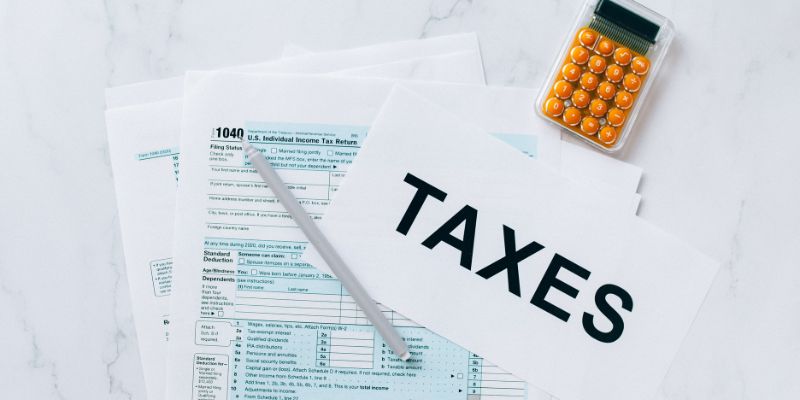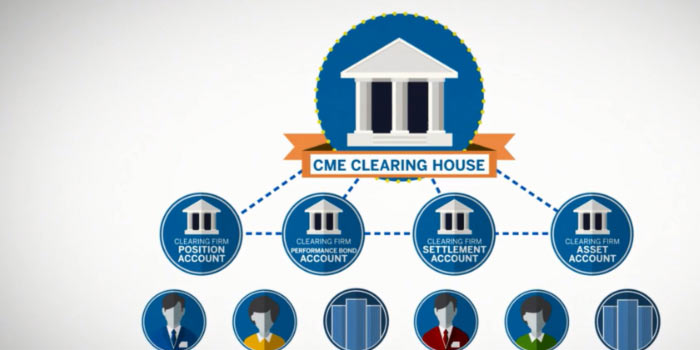
In most cases, you will be expected to report and pay taxes on any interest you receive from a savings account or other comparable financial vehicle, such as a money market fund. However, this generality has a few exceptions.
Such as some savings accounts and other financial instruments might be worth looking into if you're trying to minimize your tax liability and maximize your savings. Having money in a savings account may help you pay less in taxes in two ways.
You may lower your taxable income in the year of deposit by using a pre-tax account. Interest earned on funds held in certain accounts is exempt from taxation, allowing you to save on taxes in the long run.

Describe A Tax-Free Savings Account (TFSA)
In addition to cash savings, a Tax-Free Savings Account (TFSA) may store other investment vehicles typically available to investors. Unlike a traditional savings or investment account, you don't have to report any taxable interest, dividends, or capital gains from a TFSA.
Withdrawals from the account are also tax-free, providing further financial freedom. What is a tax-free savings account (TFSA) in such a case? As a result, you may see your money increase without worrying about paying too much in taxes.
Types Of Tax-Free Savings Accounts
Several tax-advantaged savings programs are available, though most have strict eligibility requirements and may only be used for particular costs.
Traditional IRAs
Pre-tax income is used to fund conventional IRA contributions. An Individual Retirement Account (IRA) allows you to deduct contributions up to a certain amount each year while also allowing your funds to grow tax-free. Money withdrawn from retirement accounts is subject to income tax, which includes any interest or dividends accrued on the funds.
Roth Individual Retirement Accounts
Although Roth IRA contributions are not tax deductible, withdrawals in retirement are tax-free. Under some conditions, none of your income will be taxed. In general, you should:
- Keep the money there for at least five years.
- To qualify for the withdrawals, you must either be 59½ years old or have a qualifying disability.
You can still withdraw up to $10,000 tax-free to purchase your first house and for a few other purposes, even if you don't match the above-mentioned requirements.
Coverdell Savings Accounts
You may use the money in this account for any level of education, from primary school to college, but there's a catch: when you start the account, you have to choose which child will be the beneficiary.
You'll have to fork up some cash if you decide to use the funds for anything other than the beneficiary's education. But you may transfer them to the education of another kid who is under the age of 30 in most situations.
Contributions of this kind occur after taxes have been paid off. There is no tax break for contributions, but as long as the profits don't go beyond the beneficiary's tuition costs, the money may grow tax-free. The maximum amount of donations you may make for the 2022 tax year is $2,000.
Archer Medical Savings Accounts
This MSA is also used to pay for medical expenditures that qualify for tax-free reimbursement. Even if you don't categorize your deductions, the amount you put away in a health savings account will be reduced by the standard deduction.
And any interest you earn or dividends you use to pay for medical expenditures won't be subject to tax. The sum is not considered taxable when an employer contributes on your behalf. If you or your spouse have a high-deductible health insurance plan and your employer falls within the IRS's definition of a "small employer," you may be eligible for an Archer MSA.
Health Savings Accounts
An HSA is a tax-free saving account that allows those with high-deductible health plans to save aside money for future medical expenses. Even if you don't categorize your deductions, you may still get a tax break for contributions to this account.
Furthermore, employer payments are not subject to income tax. You may withdraw the interest you earn tax-free, but only for necessary medical costs. If you're receiving Medicare, you can't make HSA contributions.
Flexible Spending Arrangements
To pay for qualified medical and dental costs, you may set up pre-tax payroll contributions into a flexible spending account (FSA). Your employer's contributions to your retirement plan are tax-free.
The money you put into your FSA will be used to repay you for medical costs you incur up to the amount you put in. You cannot participate if you are self-employed since this is a savings plan created by your company.

What Advantages Come With Starting A TFSA?
Investing in a tax-free savings account (TFSA) has various advantages:
- With a Tax-Free Savings Account (TFSA), you may put money away for immediate and distant needs. You can get at your savings anytime, so it might be a helpful tool for saving.
- Cash, equities, guaranteed investment certificates, and mutual funds are all examples of eligible assets that may be held in a tax-free savings account (TFSA). The quicker your tax-free savings account balance grows, the larger the potential return on your investments.
- When your RRSP contribution capacity is exhausted, or you reach age 71 and are no longer eligible to keep an RRSP, a TFSA might be a useful alternative for continuing to accrue tax-deferred savings. When you open a tax-free savings account (TFSA), you may invest money without paying taxes on the earnings, even when you withdraw the money.
- To avoid paying taxes on savings, you may open a tax-free savings account. Due to this, the TFSA may be an excellent vehicle for saving up for expensive endeavors. You may access your money whenever you choose without incurring any tax penalties. As a result, you'll have more disposable income to spend on what matters most.
Conclusion
Your savings account interest may be taxable. Therefore, you may stretch your money further if you invest in a tax-free account. There are a variety of tax-free instruments available, and although they each have their drawbacks, they may all be useful in getting you closer to your objectives.



